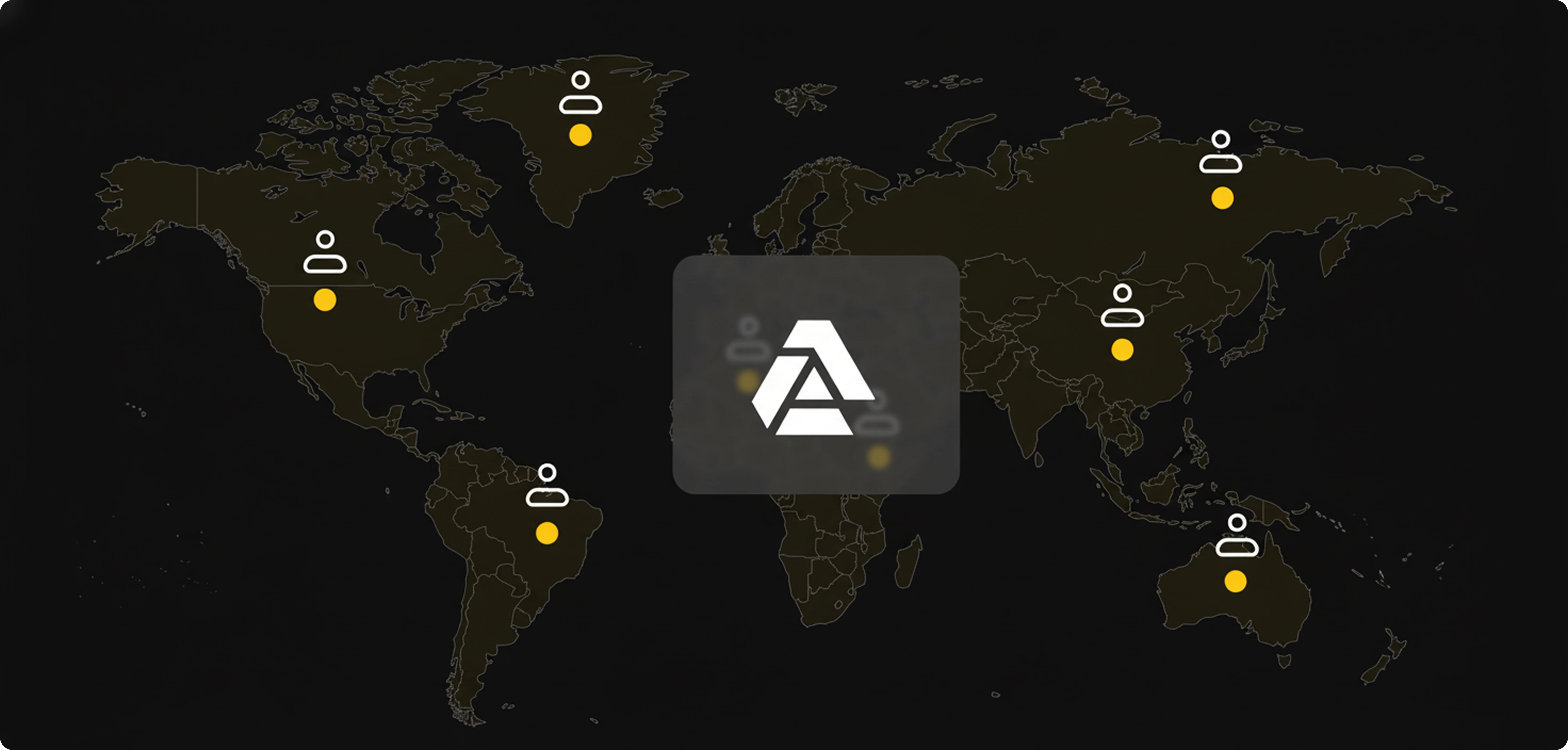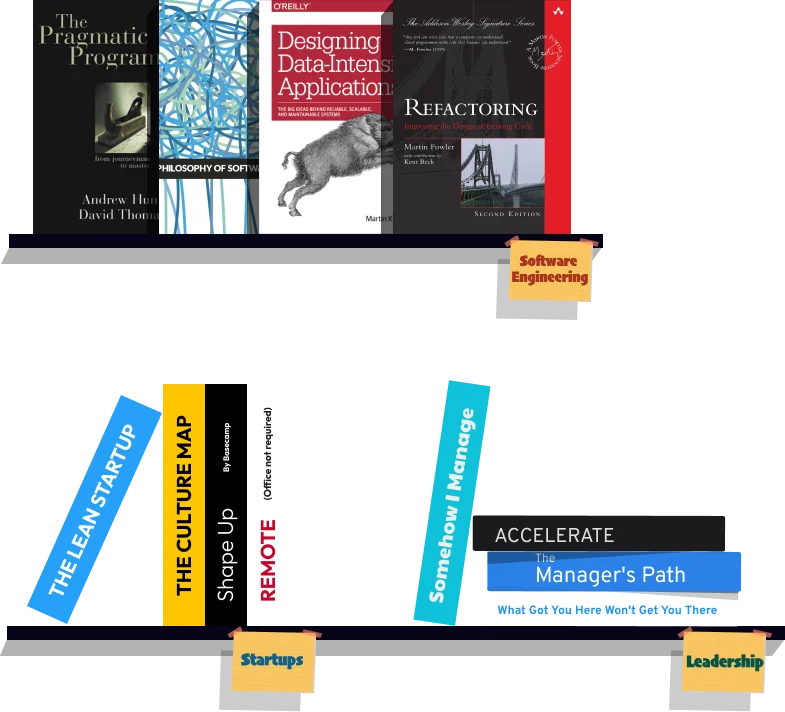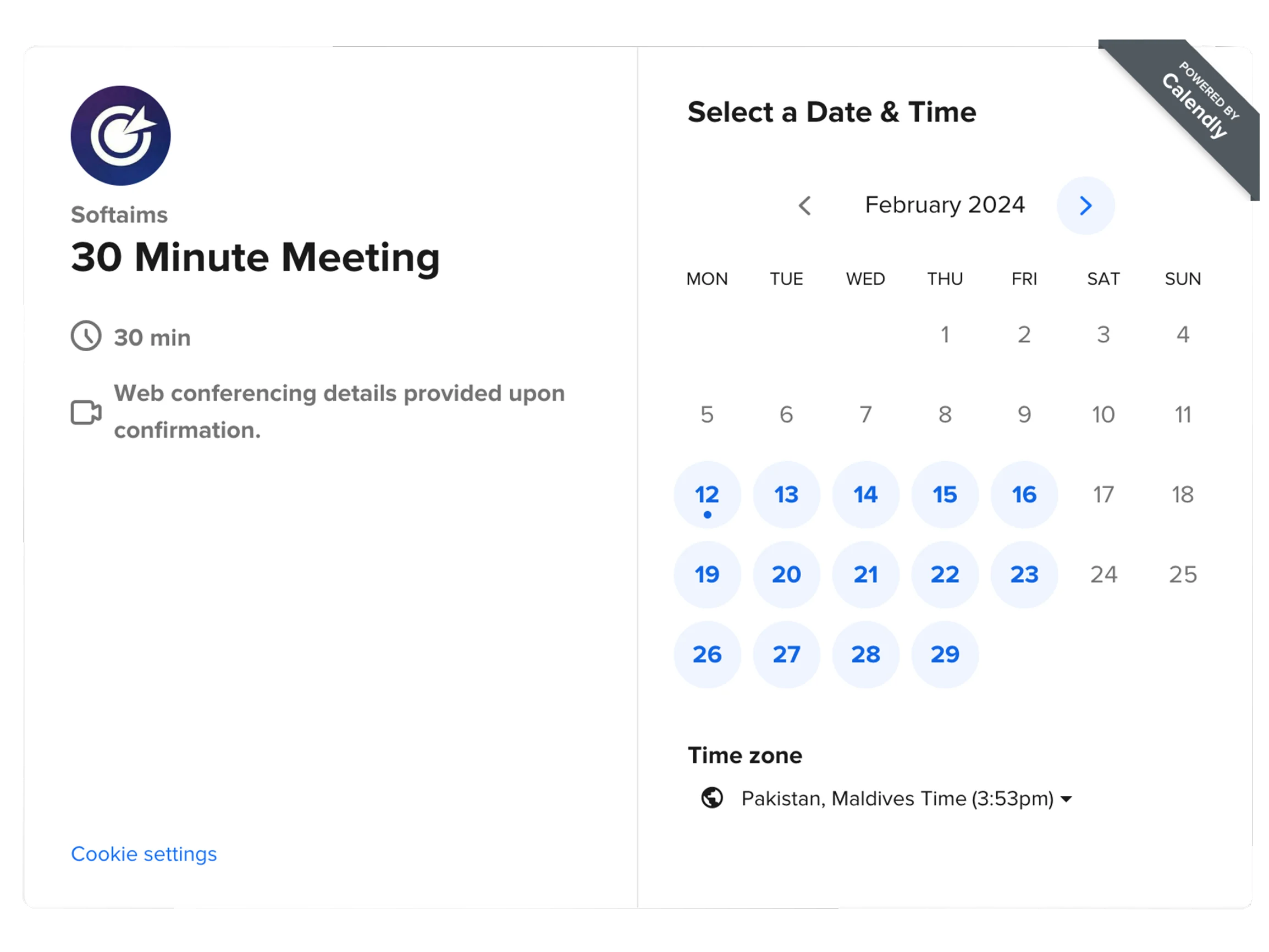The Architects of The Microsoft Cloud Azure Engineers
An Azure Engineer is a cloud professional who specializes in designing, building, and managing an organization's infrastructure and applications on the Microsoft Azure platform. They are the experts who translate business requirements into secure, scalable, and resilient cloud solutions, leveraging Azure's comprehensive suite of services.

Hiring a skilled Azure engineer is crucial for any organization that is committed to the Microsoft ecosystem or is looking for a powerful and enterprise-ready cloud platform. They are responsible for building the foundation that enables development teams to innovate, while ensuring governance, security, and cost-effectiveness are maintained at scale.
Core Compute and Networking Services
A proficient Azure engineer must have a deep, practical understanding of Azure's core infrastructure services. This includes a mastery of Azure Virtual Machines for IaaS workloads, as well as an understanding of more modern compute options like Azure App Service for PaaS web apps and Azure Functions for serverless computing.
Furthermore, they must be an expert at designing and managing Azure Virtual Networks (VNets). This includes configuring subnets, network security groups (NSGs) to act as firewalls, and using Azure Load Balancer to distribute traffic and ensure high availability. This networking knowledge is the foundation of any secure and scalable cloud architecture.
Storage Solutions in Azure
Data is a critical asset, and an Azure engineer must be skilled in using the platform's diverse storage solutions. A fundamental requirement is expertise with Azure Blob Storage for highly scalable and cost-effective object storage. They should be able to manage storage accounts, containers, and access policies.
Beyond Blob Storage, they need proficiency with other storage types, such as Azure Disk Storage for VM persistent disks and Azure Files for shared file storage. The ability to choose the right storage solution based on the requirements for performance, access patterns, and cost is a key competency.
Infrastructure as Code with ARM and Bicep
Modern cloud management is driven by the practice of Infrastructure as Code (IaC). A top-tier candidate must be proficient in defining and deploying their Azure infrastructure declaratively. The native way to do this in Azure is with ARM (Azure Resource Manager) templates.
More recently, a skilled engineer should also have expertise in Bicep, a domain-specific language that provides a much cleaner and more readable syntax that compiles to ARM templates. Experience with the multi-cloud tool Terraform is also a highly valuable and transferable skill.
Security and Identity with Azure Active Directory
Security is a paramount concern in the cloud, and an Azure engineer must be an expert in securing the platform. This begins with a deep understanding of Microsoft Entra ID (formerly Azure Active Directory), which is the heart of identity and access management in Azure. They must be skilled at managing users, groups, and service principals.
They must be experts at using Role-Based Access Control (RBAC) to enforce the principle of least privilege, ensuring that identities only have the permissions they need. They should also be familiar with other key security services, such as Azure Key Vault for securely managing secrets and Microsoft Defender for Cloud for monitoring security posture.
Azure DevOps and CI CD Pipelines
An Azure engineer is often a key player in the software delivery lifecycle. They must have deep, hands-on experience with Azure DevOps, Microsoft's integrated suite of tools for managing the entire development process. This includes using Azure Repos for Git hosting and Azure Boards for work item tracking.
The most critical skill within this suite is proficiency with Azure Pipelines for building and managing CI/CD pipelines. They should be able to create a multi-stage YAML pipeline that automatically builds, tests, and deploys an application to Azure services like App Service or Azure Kubernetes Service.
Containerization and Orchestration on Azure
Containers are the standard for modern application deployment, and an Azure engineer must be an expert in this area. This requires a strong command of Docker for building and managing container images, and experience with Azure Container Registry (ACR) for storing them.
For running containers at scale, they must be highly skilled with an orchestration platform. This includes Azure's native and simple-to-use Azure Container Apps, as well as the powerful and industry-standard Azure Kubernetes Service (AKS). The ability to deploy and manage a production-grade Kubernetes cluster on Azure is a hallmark of a senior cloud professional.
Database Expertise on Azure
An Azure engineer must be knowledgeable about the platform's wide array of managed database services. This includes hands-on experience with Azure SQL Database for a fully-managed relational database experience, as well as options for running open-source databases like MySQL and PostgreSQL on Azure.
In addition to relational databases, a well-rounded engineer should have experience with Azure's NoSQL offerings, particularly Azure Cosmos DB. Understanding its multi-model capabilities and when to use it for globally-distributed, high-performance applications is a crucial skill for building modern systems.
Monitoring and Observability with Azure Monitor
A deployed application must be monitored to ensure it is healthy and performing well. A proficient Azure engineer must be an expert at using Azure Monitor, the platform's comprehensive solution for collecting, analyzing, and acting on telemetry data from their cloud and on-premises environments.
They should be able to collect and analyze metrics and logs, create powerful visualizations with Azure Dashboards or Power BI, and configure automated alerts to proactively notify the team of any issues. This data-driven approach to operations is essential for maintaining a reliable production system.
Cost Management and Governance
Controlling costs is a critical responsibility for any cloud professional. An Azure engineer must be skilled at using the tools within Microsoft Cost Management to monitor spending, set budgets, and identify opportunities for optimization. They are responsible for ensuring the cloud environment delivers value without unnecessary expense.
Furthermore, they should have experience with Azure Policy and Blueprints to enforce organizational standards and governance across their subscriptions. This allows them to ensure that all deployed resources are compliant with company policies, such as requiring certain tags or restricting deployments to specific regions.
How Much Does It Cost to Hire an Azure Engineer
The cost to hire a certified and experienced Azure Engineer is high, reflecting the strong demand from the enterprise sector for skills on Microsoft's rapidly growing cloud platform. Salaries are influenced by their geographic location, years of experience, and their specialization in high-demand areas like Kubernetes (AKS), security, and Azure DevOps.
Tech hubs in North America and Western Europe typically lead the world in salary expectations. The following table provides an estimated average annual salary for a mid-level Azure Engineer to give a sense of the global market.
| Country |
Average Annual Salary (USD) |
| United States |
$132,000 |
| Switzerland |
$122,000 |
| United Kingdom |
$88,000 |
| Germany |
$86,000 |
| Canada |
$102,000 |
| Poland |
$65,000 |
| Ukraine |
$60,000 |
| India |
$45,000 |
| Brazil |
$55,000 |
| Australia |
$108,000 |
When to Hire Dedicated Azure Engineers Versus Freelance Azure Engineers
Hiring a dedicated, full-time Azure Engineer is the standard choice for companies that have made a strategic commitment to the Microsoft cloud platform. A dedicated engineer will provide long-term ownership of your cloud architecture, security posture, and cost management strategy. This is an essential role for the ongoing health and governance of your core infrastructure.
Hiring a freelance Azure expert is a more tactical decision, ideal for specific, time-bound projects. This is a great model for a one-time migration of an on-premise Windows Server environment to Azure, setting up an initial Azure DevOps pipeline, or getting an expert audit of your existing cloud security. Freelancers provide specialized expertise on demand without the long-term overhead.
Why Do Companies Hire Azure Engineers
Companies hire Azure Engineers to leverage the power of a trusted, enterprise-grade cloud platform with deep integration into the Microsoft ecosystem. For organizations that already rely heavily on Microsoft products like Windows Server, Office 365, and .NET, Azure provides a seamless and natural path to the cloud with powerful hybrid capabilities.
Furthermore, Azure has a massive global footprint and a comprehensive suite of services that enable companies to build and scale their applications with confidence. An Azure Engineer is hired to be the in-house expert who can navigate this vast platform, design a secure and efficient architecture, and unlock the agility and innovation that the cloud promises.
In conclusion, hiring a top-tier Azure Engineer requires looking for a professional who is an expert at building and managing infrastructure on the Microsoft cloud. The ideal candidate will combine a deep and practical knowledge of core Azure services with a mastery of modern cloud practices like Infrastructure as Code, container orchestration with Kubernetes, and integrated CI/CD with Azure DevOps. By prioritizing these skills, organizations can build the powerful, secure, and well-governed cloud foundation needed to succeed in the enterprise world.



































